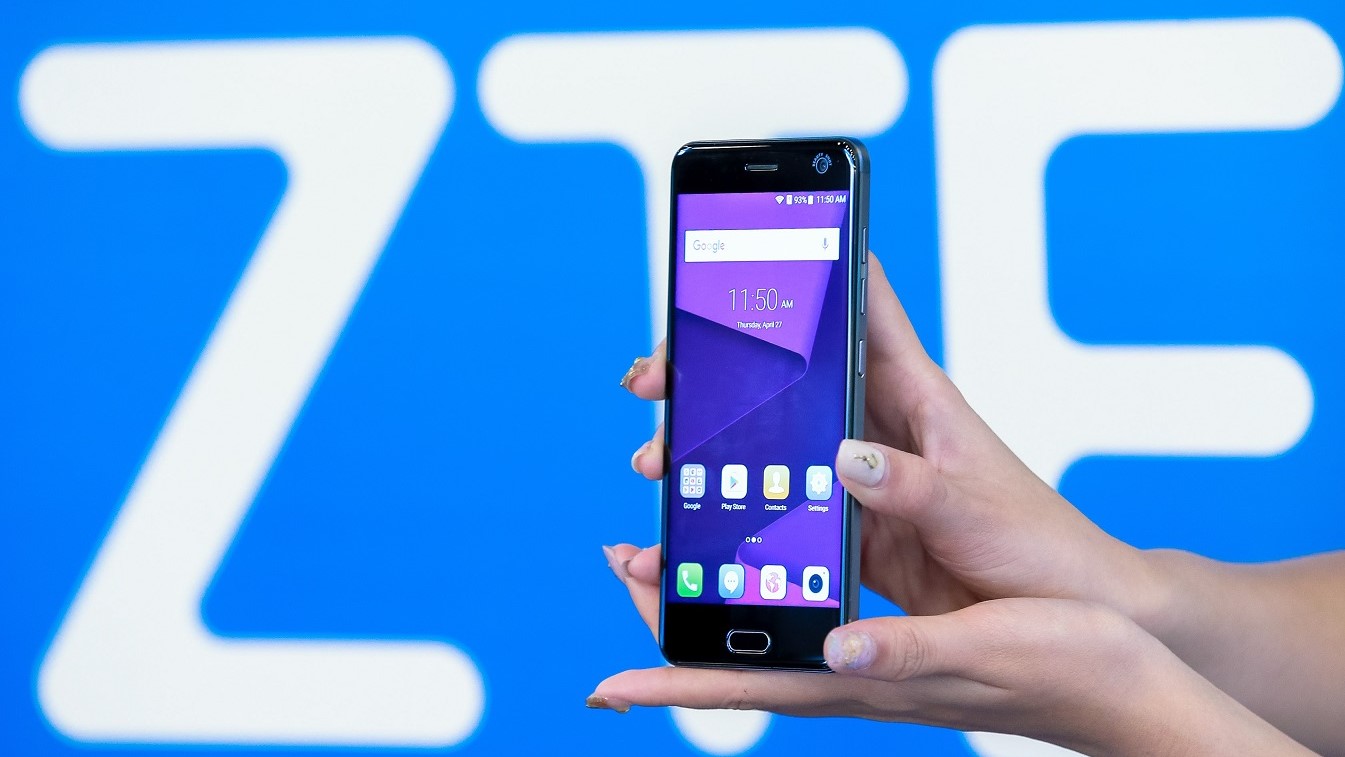Australian retailers are pulling 22 Telstra mobile phones and Wi-Fi devices from shelves despite US president Donald Trump’s commitment to help Chinese mobile manufacturer ZTE to minimise the damage caused by a punitive national-security ban imposed last month.
The telecommunications giant made the announcement in the wake of the US Department of Commerce’s decision to last month invoke a ‘Denial Order’ blocking the firm’s export license. That order – which blocked ZTE’s access to chipsets from US-based Intel and Qualcomm, amongst other technologies, for the next seven years – sent ZTE, the US market’s fourth-largest phone vendor, into a tailspin as it ceased its major operations and scrambled to find a way to circumvent, modify, or reverse the order.
One of the world’s largest manufacturers of feature phones and smartphones, ZTE sells around 50m devices that generated $A22.8b in revenues last year. It has, however, been embroiled in scandals and last year paid $US1.19 billion ($A1.57b) in fines and forfeitures for circumventing embargos blocking US export of telecommunications equipment to Iran and North Korea.
A recent Fairfax Media investigation also found ZTE paid $US12.8m ($A17m) in bribes to secure a contract in the West African country of Benin, and raised security concerns after revelations that the company was bidding on a range of Australian contracts including a $120m communications system for Perth’s metropolitan rail system.
The other short-listed bidder for that contract is Huawei, whose Chinese-government ties led to a 2013 ban from being involved in the National Broadband Network (NBN) after a US House of Representatives report warned that “Huawei and ZTE cannot be trusted to be free of foreign state influence” and “strongly encouraged” network providers and developers to find other vendors for their projects.
Warnings about embracing the Chinese companies were repeated in March, when FBI director Chris Wrap warned about the risks of allowing “any company or entity that is beholden to foreign governments that don’t share our values to gain positions of power inside our telecommunications networks.”
Telstra’s decision to pull its ZTE-developed products – including its ruggedised Tough 4 and 5, 4GX Plus and 4GX HD, Easycall 4, and three different 4GX Wi-Fi dongles – puts a kink in the telco’s ability to deliver high-speed 4GX network services.
The “difficult but necessary” step stemmed from ZTE’s shutdown, Michele Garra, head of innovation & strategy within Telstra Consumer and Small Business, wrote. “We apologise that this will result in a temporary reduction in device options for customers….We are working with our device partners to source alternative models as quickly as possible.”
Woolworths, which sells several Telstra-branded ZTE devices through its stores, confirmed to Information Age that it is returning ZTE stock to Telstra “as advised by Telstra”.
An Optus spokesperson said the company would continue to offer its prepaid ZTE ZIP handset “at this stage”, and that it is “monitoring the situation”.
The ongoing concern about Huawei and ZTE meant that Trump raised eyebrows after this weekend contradicting the Department of Commerce with a tweet in which he said he was working with Chinese president Xi to “give…ZTE a way to get back into business, fast.”
Australian prime minister Malcolm Turnbull recently directed the Department of Home Affairs’ Critical Infrastructure Resilience arm to do a full national security assessment of Huawei before the company became entrenched within Australia’s emerging 5G mobile networks – for which Huawei and ZTE are reportedly both shortlisted bidders.
Despite the rising tide of action against ZTE, Telstra has not yet indicated whether the company will be excluded from any future 5G network build. “We have made no decisions yet regarding 5G vendors and we continue to assess the development of this technology by all vendors and chipset manufacturers globally,” a Telstra spokesman told Information Age.
“We have a very high standard of corporate governance at Telstra with strict policies and procedures for engagement with suppliers and will monitor this situation closely.”










